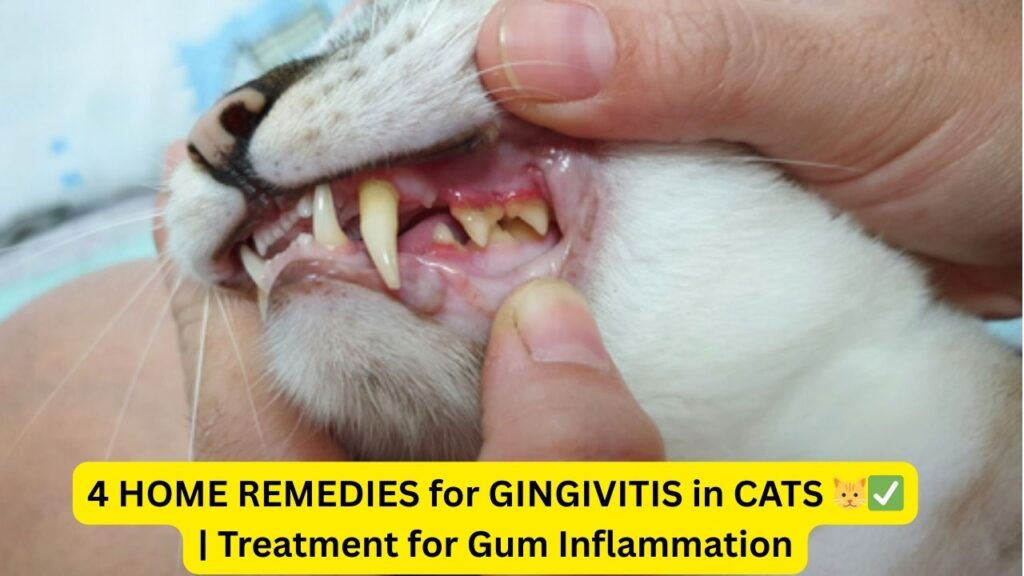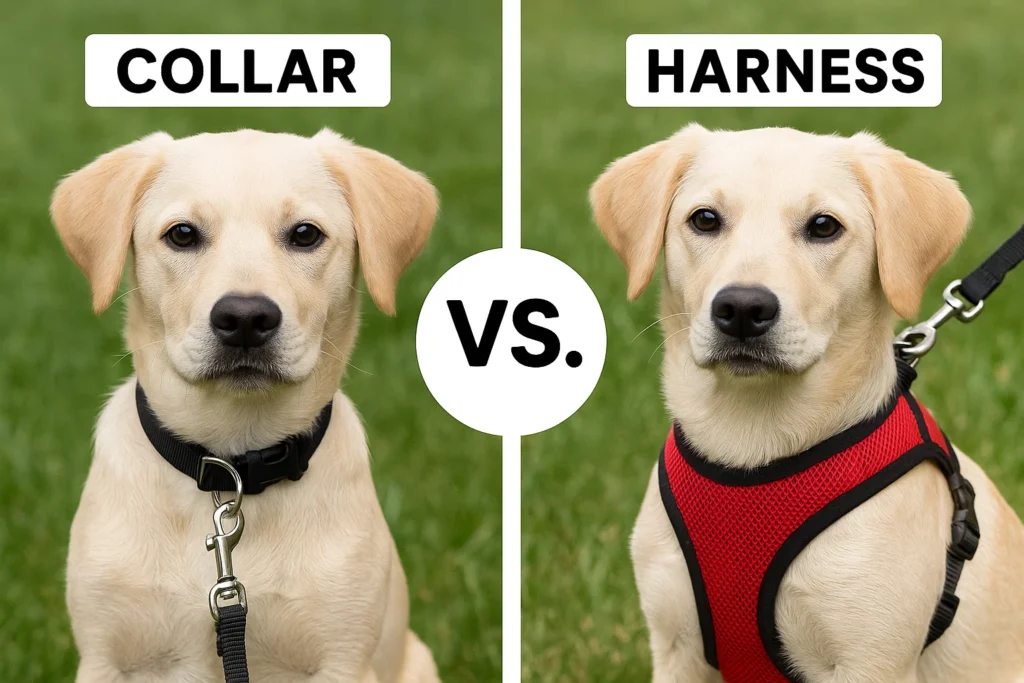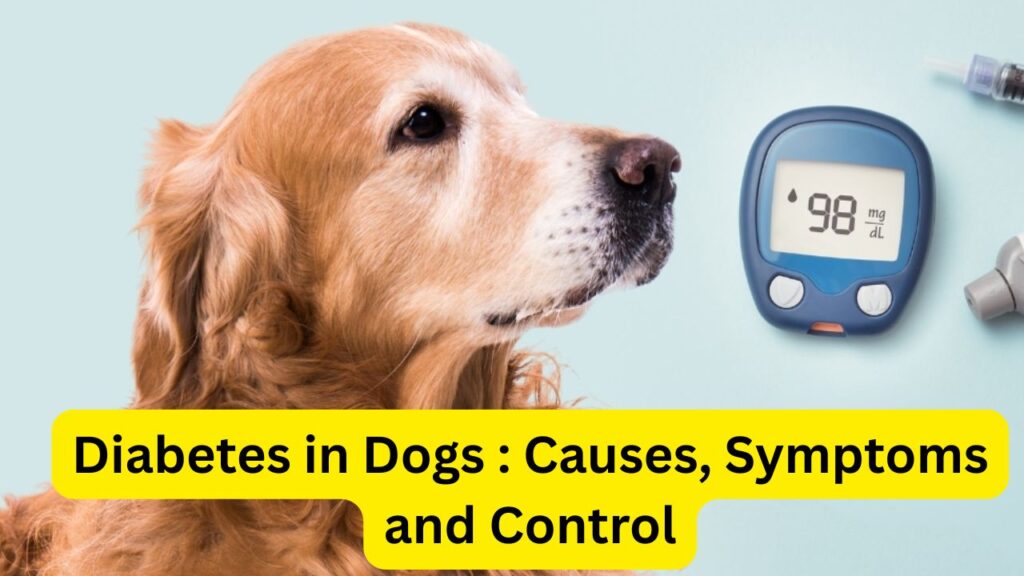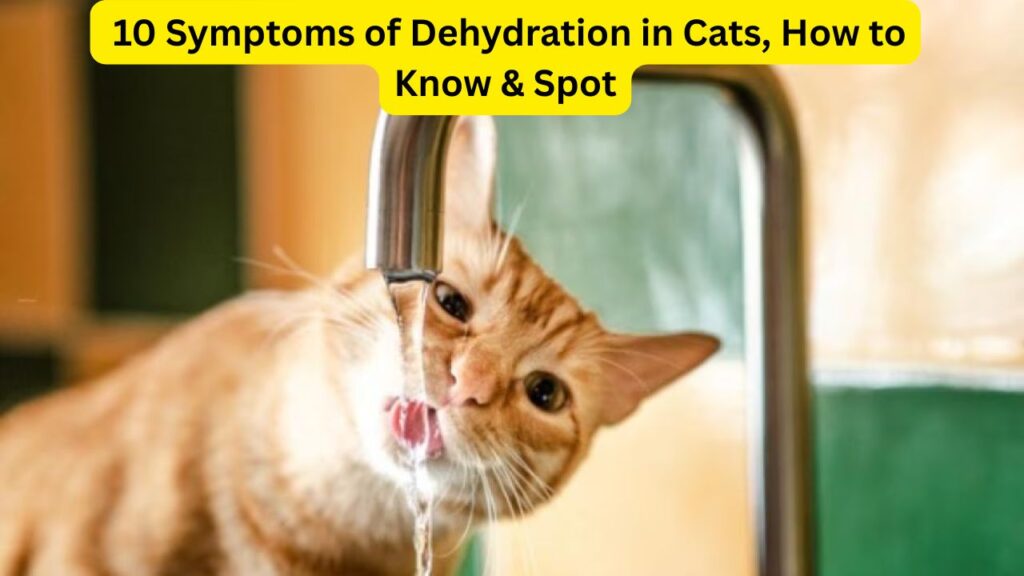Gum inflammation is a serious problem in cats that needs veterinary attention, but Animal Wise provides home remedies for cat gingivitis to act as preventive or supportive treatments. Treatment of gingivitis in cats depends on its severity, and in cases of severe gingivitis or gingivostomatitis, there may be a bacterial infection that requires antibiotics. Support measures may be used to keep the cat nourished and hydrated, analgesics are prescribed to control intense pain. Interferon is sometimes used if there is a virus, or corticosteroids if an autoimmune process is suspected. These medical treatments are important for care.

While the inflammation persists, we can follow some home remedies for gingivitis in cats in an attempt to improve their quality of life. Brushing teeth is a common method, but it requires both a specific toothbrush and specially formulated toothpaste for cats. Many cats will not readily allow this type of manipulation unless they are trained from a young age. It is important to assess stress carefully, because stress affects their immune system. Brushing should be done daily in order to control the buildup of bacterial plaque, which is useful to prevent infections and improve health.
How to Prepare CHICKEN FEET for DOGS 2025 Cooked, Frozen or Raw?
Brushing Teeth
Brushing is not only useful to combat a possible oral infection in cats, but it also prevents gingivitis from reappearing if we introduce it as part of their daily routine. Learn more about oral issues in cats and why they drool so much with the video shared on the card above. Another remedy is disinfection of the mouth, which is done with 2% chlorexidine or chlorexidine bioadhesive gel. We can wet a gauze with these products, wrap our finger around it, and rub the gums and teeth very gently.
As with brushing, it can be difficult for the cat to accept this manipulation, so it is necessary to balance the frequency of doing it against the levels of stress it may cause. If the cat becomes too stressed, the immune system can be weakened. Regular but calm care is best, and owners should pay close attention to the cat’s tolerance. Brushing and chlorexidine cleaning are considered highly effective when combined, and they can significantly reduce bacterial buildup in the mouth. With patience, cats can adapt slowly to these cleaning routines with gentle handling and consistency.
Diet and Food for Cats with Gingivitis
We can also influence our cat’s diet at home to improve gingivitis symptoms, and diet is an important factor in oral health. Dry kibble can provide friction that helps keep teeth clean, but it is difficult for a cat with pain to eat dry food easily. Wet food is easier to swallow, but due to its consistency it is more likely to stick to the teeth. For these reasons, we can explore homemade food as an option, but it should always follow the veterinarian’s recommendations to ensure that the diet remains balanced and healthy for the cat.
There are foods such as carrots that promote dental hygiene, but not all cats will accept them, since cats can be picky. Other good foods to treat gingivitis in cats naturally are oily fish, strawberries, watermelon, cantaloupe, and foods rich in calcium such as natural yogurt or kefir. In addition, there are specially designed treats for oral care that can help, and rope type toys that will have a similar effect as dental floss. Combining these food choices with proper veterinary advice provides strong support, and it may help reduce inflammation naturally in cats.
Avoiding Stress
Considering the importance of the immune system, we can focus on avoiding stress as part of the home remedies for gingivitis in cats. This is not the time to introduce changes to the cat’s routine, since cats are very sensitive to environmental changes and can quickly become stressed. Quality food, a quiet place to rest, clean water available, sufficient warmth, and plenty of affection can contribute greatly to strong immune systems. A calm and comfortable environment can play a huge role in reducing flare-ups, and stress management helps prevent immune weakness in cats with gingivitis.
To promote a relaxed atmosphere, we can introduce synthetic pheromones into the cat’s usual living spaces, and this helps reduce anxiety. These pheromones are sold in the form of an automatic diffuser or spray, and they provide a calming effect on cats. They will also prevent other animals or people from disturbing the cat’s peace. A calm, safe home environment combined with veterinary advice and gentle care ensures cats stay comfortable. If you want to continue learning about cat health and veterinary advice, don’t miss the playlist we share here, and share your own experiences.
Overview Table
| Topic | Key Points |
|---|---|
| Gum Inflammation | Requires veterinary care, antibiotics, pain control, interferon, steroids. |
| Brushing Teeth | Daily brushing with cat toothpaste, chlorexidine cleaning with gauze. |
| Diet and Food | Dry kibble cleans teeth, wet food easier, homemade food with vet advice. |
| Healthy Foods | Carrots, oily fish, strawberries, yogurt, oral treats, rope toys. |
| Avoiding Stress | Calm environment, pheromones, affection, routine stability, warmth. |
FAQs
1. What causes gingivitis in cats?
It can be caused by bacteria, viruses, autoimmune issues, or poor oral hygiene.
2. Can brushing help cats with gingivitis?
Yes, daily brushing with cat toothpaste helps reduce plaque and prevents infections.
3. What is chlorexidine used for in cats?
It disinfects the mouth, reduces bacteria, and helps control gingivitis effectively.
4. Can diet help with gingivitis in cats?
Yes, balanced diets with carrots, oily fish, and calcium foods support oral health.
5. Is dry kibble good for cats with gingivitis?
Dry kibble cleans teeth but can be painful for cats with gum inflammation.
6. Can wet food make gingivitis worse?
Yes, wet food may stick to teeth and worsen plaque if not managed.
7. What home remedies can support treatment?
Brushing, chlorexidine cleaning, proper food, toys, and stress management are helpful.
8. Why is stress harmful for cats with gingivitis?
Stress weakens the immune system, making inflammation harder to control in cats.
9. What are synthetic pheromones used for?
They calm cats, reduce stress, and help maintain a peaceful environment.
10. Should home remedies replace veterinary care?
No, veterinary treatment is essential, home remedies only support overall care.







